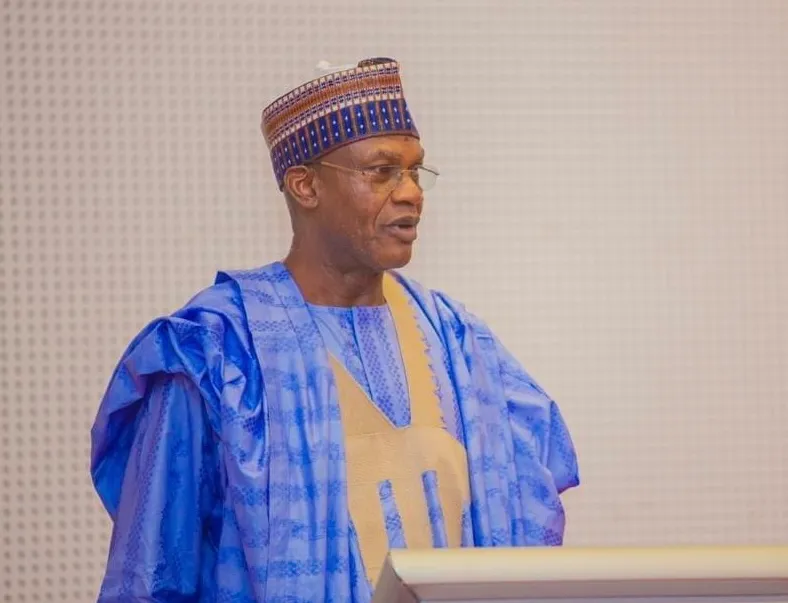News
Nigerian govt says new basic education curriculum to launch in January 2025

The Federal Ministry of Education has announced that a new curriculum for basic education will be implemented in schools starting January 2025. This was revealed by the Minister of Education, Prof. Tahir Mamman, during a stakeholders meeting in Abuja on Monday.
Mamman also said that a new curriculum for senior secondary education is expected to roll out in September 2025. He emphasized that the revised curriculum aims to tackle existing learning crises and enhance students’ employability.
“The new skills acquisition to be introduced will have a multiplier effect by equipping students with 21st-century skills,” Mamman noted. He explained that efforts over the past year involved collaboration with stakeholders to establish a skills framework, ensuring that students acquire essential skills as they progress through their education.
“The whole idea is that, by the time children finish, they should have a minimum of two skills so that they can have a productive life,” he added.
Read also: Nigerian govt summons Libyan ambassador over Super Eagles treatment
The meeting focused on refining the curriculum’s implementation modalities and establishing a timeline for its support, monitoring, and evaluation. Mamman stated that the next three months will be dedicated to preparations, which will include developing guides for teachers on how to utilize the new curriculum effectively.
When questioned about how the new curriculum differs from the previous 6:3:3:4 education system, which also aimed to incorporate skills training, Mamman highlighted the challenges of prior implementation. “The major justification for what we have done has been the inability to implement the 6:3:3:4 system from inception,” he said. He referenced the minimum academic standards established in 1993, which were designed to ensure that students would acquire skills by the end of basic education. “Unfortunately, we departed from it,” he remarked.
Dr. Garba Gandu, Director of Curriculum at the Nigerian Educational Research and Development Council (NERDC), explained that the new curriculum is designed to equip students with the necessary skills and training for global competitiveness. He pointed out that it is competency and digital-based, aligned with Science, Technology, Engineering, Arts, and Mathematics (STEAM) methodologies.
Ripples Nigeria reports that the new curriculum will introduce 15 trade subjects for basic education, including basic digital literacy and vocational entrepreneurship skills such as building, plumbing, and tiling. Additional subjects will cover areas like hospitality (hair styling and makeup) and various services including construction, GSM repairs, satellite installation, and garment making.
Join the conversation
Support Ripples Nigeria, hold up solutions journalism
Balanced, fearless journalism driven by data comes at huge financial costs.
As a media platform, we hold leadership accountable and will not trade the right to press freedom and free speech for a piece of cake.
If you like what we do, and are ready to uphold solutions journalism, kindly donate to the Ripples Nigeria cause.
Your support would help to ensure that citizens and institutions continue to have free access to credible and reliable information for societal development.


























